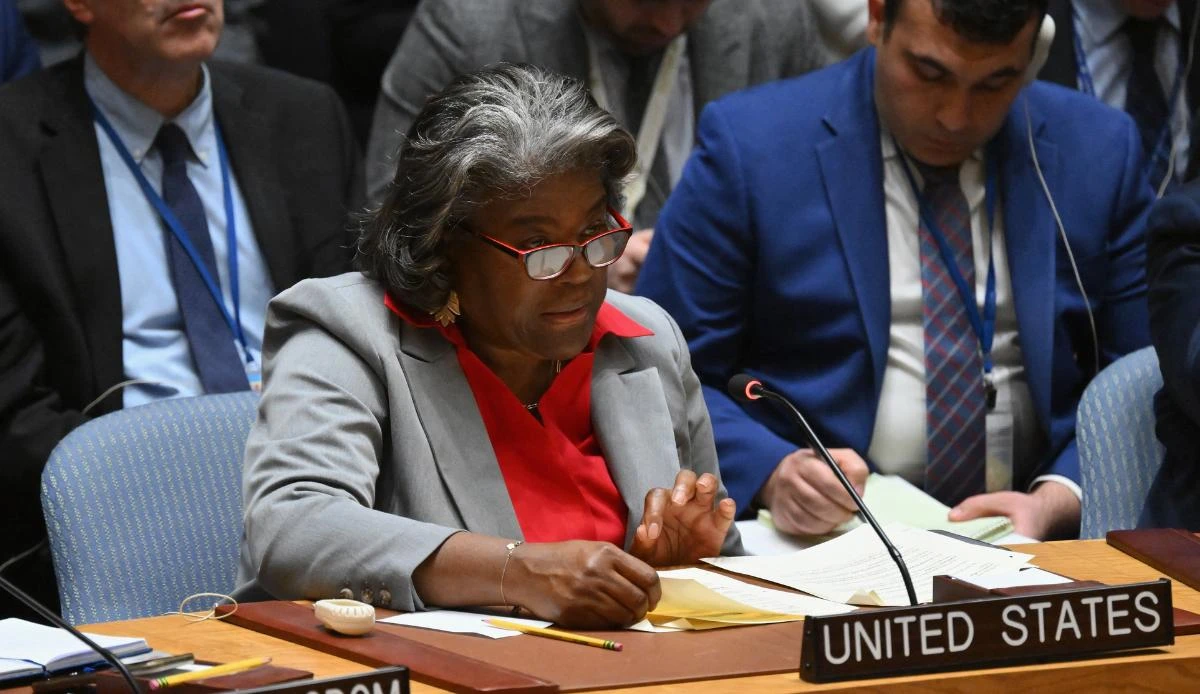Israel expresses concern over US abstention on Gaza cease-fire resolution at UN

Israel expresses concerns over the U.S. decision not to vote on a resolution at the UNSC regarding a cease-fire in Gaza, marking a significant change in diplomatic posture
Israel expressed its concerns Monday on the United States’ decision to not vote on a resolution at the UNSC about a cease-fire in Gaza, marking a dramatic change in diplomatic posture.
There have been fighting nonstop for almost five months when the U.N. Security Council made history by demanding an “immediate cease-fire,” which marks the first call for a cease-fire for the UNSC.
Significantly, the resolution was approved despite the United States’ previous veto of a similar proposal as the country abstained from voting on the latest resolution.
The office of Israeli Prime Minister Benjamin Netanyahu stated in reaction to this development, claiming that the U.S. position on the issue reflects a substantial departure from its traditional attitude.
The statement placed particular emphasis on the postponement of a delegation’s scheduled travel to Washington to have discussions about potential military actions in the Gaza Strip in the future.
Netanyahu’s administration claims that the U.N. decision jeopardizes not just the possibility of achieving the release of those whom Hamas has kidnapped, but also the current military actions.
Concerns were raised in the statement that Hamas would gain confidence from the abstention if they believed that pressure from other countries would result in a truce without the return of Israeli prisoners.
Additionally, Netanyahu’s strong attitude on the issue was emphasized in the statement, which also emphasized that Israel would not send a delegation to Washington if the U.S. strayed from its moral position.
Thus, Netanyahu decided to postpone the delegation’s departure given the change in the American position.
Besides demanding an immediate cessation of hostilities, the U.N. resolution emphasizes the need for a long-lasting and sustainable cease-fire.
The release of hostages taken during the Oct. 7 incident, which started the current crisis, is also demanded.
Notably, U.S. President Joe Biden had pushed Netanyahu to send a delegation for talks over Israel’s suggested strategies for a full-scale attack on Rafah in Gaza, a move that Washington finds unacceptable.
Source: AFP



